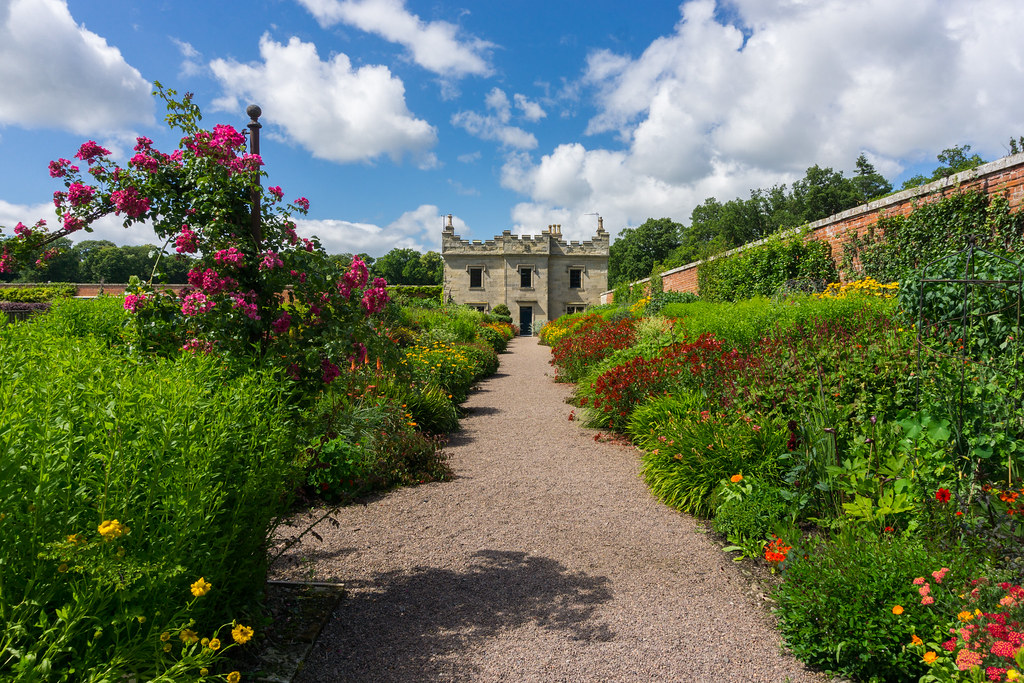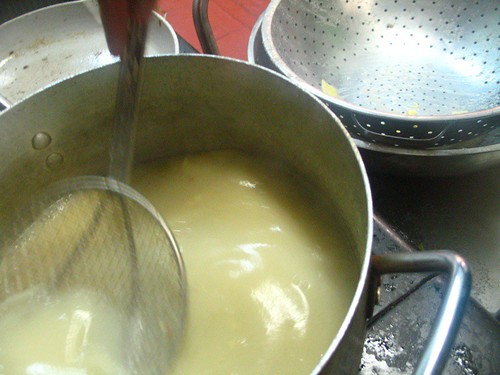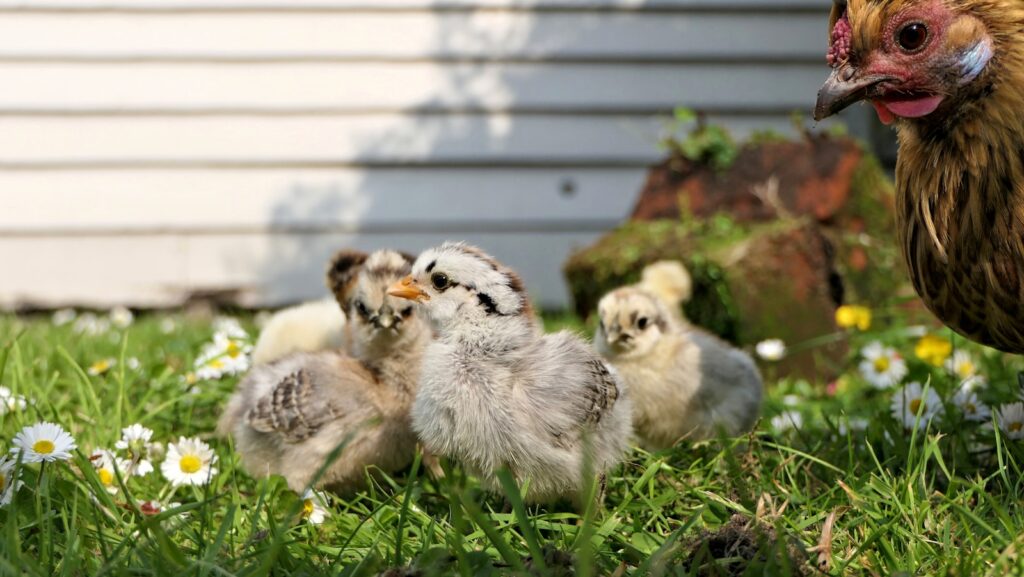Diving into the world of gardening can often feel like stepping into an unknown wilderness. When I first decided to tend to a garden, the concept was as simple as it was ambitious. Little did I know, this venture would introduce me to a wonderfully complex world full of surprises, both delightful and challenging. The decision to start a garden came at a time when, like many others, I found myself spending an unprecedented amount of time at home.
It seemed like the perfect opportunity to embark on something new, something that promised not only to beautify my living space but also to enrich my diet with fresh produce. The journey began with an innocent enthusiasm, a desire to nurture and to create. I soon discovered that gardening is not merely about planting and watching things grow; it’s an intricate dance of patience, resilience, and learning.
The first lesson came in the form of planning. The importance of selecting the right location for your garden cannot be understated. A spot that basks in at least six hours of direct sunlight daily is ideal. Observing the drainage of your chosen site is crucial; standing water can spell disaster for your fledgling plants. The proximity to trees and shrubs, especially those competitive for nutrients or, worse, walnut trees that secrete juglone, toxic to many garden varieties, must be considered.

My initial sketches on paper were a testament to ambition. I dreamed of a lush garden, abundant with a variety of crops. Reality, however, taught me the virtue of starting small. A 100-square-foot plot became my canvas, a manageable space where I could learn, make mistakes, and grow alongside my plants. Raised beds and container gardening emerged as viable options, especially considering the limited space of my urban dwelling. The selection of vegetables was an adventure in itself. While the urge to start with whatever seed packets caught my eye was strong, I learned to appreciate the value of choosing cultivars suited to my local climate.
The guidance from local garden centers and the wealth of information available online helped me tailor my garden to the needs of my environment. Preparing the soil and gathering the necessary tools marked the transition from planning to action. The tactile experience of working the soil, determining its readiness by its texture, and the satisfaction of creating a level bed for planting were unexpectedly fulfilling. Planting, though guided by the instructions on seed packets and the wisdom of more experienced gardeners, was a process filled with anticipation and excitement. The care taken in setting out transplants, modifying peat pots, and ensuring adequate watering underscored the responsibility I had undertaken.
Gardening is a commitment to nurturing life.
The subsequent challenges of weeds, pests, and diseases were daunting. Yet, they offered an opportunity to engage with nature in a way I had never before. The realization that no single chemical solution could resolve all problems was liberating. It encouraged a more holistic approach to garden care, emphasizing preventive measures and cultural controls over pesticides. The garden became a microcosm of life itself, filled with successes and setbacks. Each lesson learned was a step toward a more sustainable and harmonious relationship with the natural world. Beyond the practical aspects of gardening, the experience offered profound therapeutic benefits.
The physical act of tending to the garden was a welcome form of exercise, while the mental engagement provided a much-needed respite from the stresses of daily life. The anticipation of each new sprout, the thrill of the first harvest, and even the disappointment of a failed crop enriched my life in unexpected ways. Gardening taught me patience, resilience, and the importance of being present in the moment. The journey from novice to gardener was filled with challenges, but each obstacle overcome was a victory in its own right. The garden became a source of pride, not just for the produce it yielded, but for the growth it fostered within me.
As I reflect on the journey, I am reminded of the simple joy of nurturing life and the profound impact it can have on one’s well-being. Gardening, it turns out, is much more than a pastime; it’s a pathway to personal discovery and connection with the natural world.
Now that we’ve explored the nuanced journey of my first foray into gardening, let’s pivot towards offering you some hands-on advice and insights that could make your gardening experience as enriching and less intimidating as possible. Remember, the path to a flourishing garden is lined with both successes and learning opportunities, and these tips are designed to help you embrace both.
Patience is key in gardening.
Understand that plants will grow at their own pace and that setbacks are often just temporary detours on the road to a lush garden. This understanding will keep frustration at bay and help you appreciate the process as much as the results. I’ve discovered that the anticipation of growth can be as rewarding as seeing the actual results. Breathe, be patient, and give your plants the time they need.
When it comes to selecting what to plant, it’s easy to get carried away by the excitement of possibilities. However, success lies in understanding the unique conditions of your garden and choosing plants that are well-suited to thrive there. Research is your best friend here. Spend time understanding the specific needs of each plant you’re considering, and match those needs with the conditions you can provide. This approach not only increases your chances of success but also deepens your relationship with your garden as you learn to work with nature, rather than against it.
A common piece of wisdom I’ve embraced is the importance of starting small.
It’s tempting to envision a garden bursting at the seams from the get-go, but a smaller, manageable garden allows for a more focused and less overwhelming experience. This was a lesson I learned the hard way, but it’s one that I now cherish. A 100-square-foot plot or a few containers can provide plenty of space to learn the ropes and enjoy a variety of fresh produce.
Good soil is the foundation of a healthy garden, and taking the time to prepare your soil properly can make a significant difference in the growth and health of your plants. If you’re working with raised beds or containers, ensure they have good drainage and fill them with high-quality soil. If possible, creating your own compost can significantly enrich your soil, minimizing your food waste and benefiting your garden in the process.
Watering might seem straightforward, but there’s an art to it. Overwatering can be just as detrimental as under-watering. The key is to observe your plants and soil closely and adjust your watering schedule to their needs. Early morning or late evening are optimal times to water, reducing evaporation and allowing water to reach deeper into the soil. Remember, a deep, thorough watering is more beneficial than shallow, frequent watering.

Attracting pollinators to your garden is crucial for fruiting plants and adds a delightful layer of life to your garden. Incorporating flowers and certain herbs can attract a variety of pollinators, enriching your garden’s ecosystem and increasing your yields. Plus, there’s something incredibly satisfying about watching bees, butterflies, and other pollinators bustling about in your garden.
Remember to be gentle with yourself. Gardening is a journey, not a race. There will be successes, and there will be failures, but each experience is a step towards becoming a more skilled and resilient gardener. Celebrate the victories, learn from the setbacks, and most importantly, enjoy the process. Gardening is a deeply rewarding endeavor that connects us to the earth, our food, and ourselves. Embrace it with an open heart and a curious mind, and you’ll find that the rewards extend far beyond the harvest.
Related posts:
Advice for first-time gardeners: Start small – Indiana Yard and Garden – Purdue Consumer Horticulture
A simple garden can still be full of good food and fun ideas!





